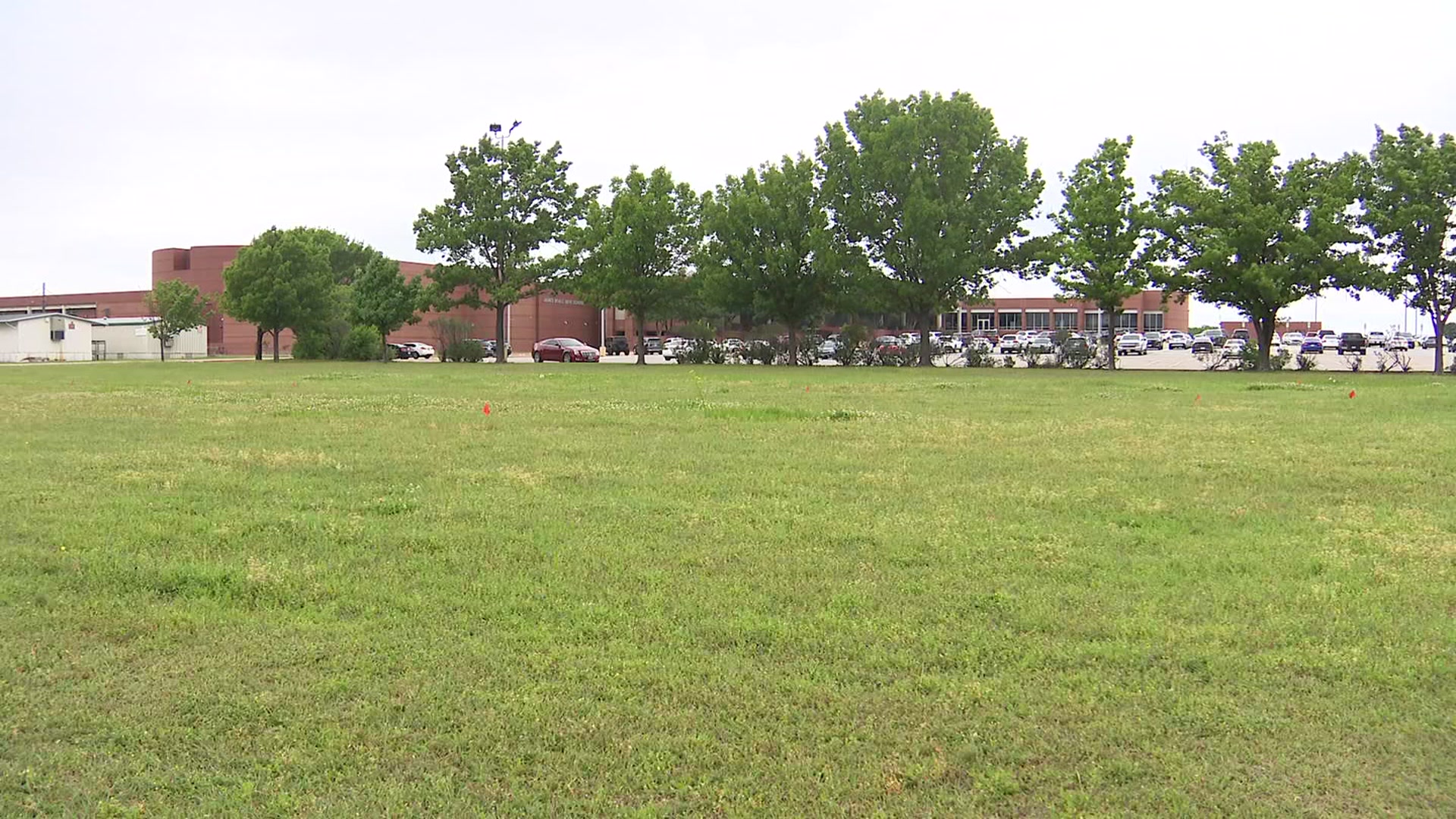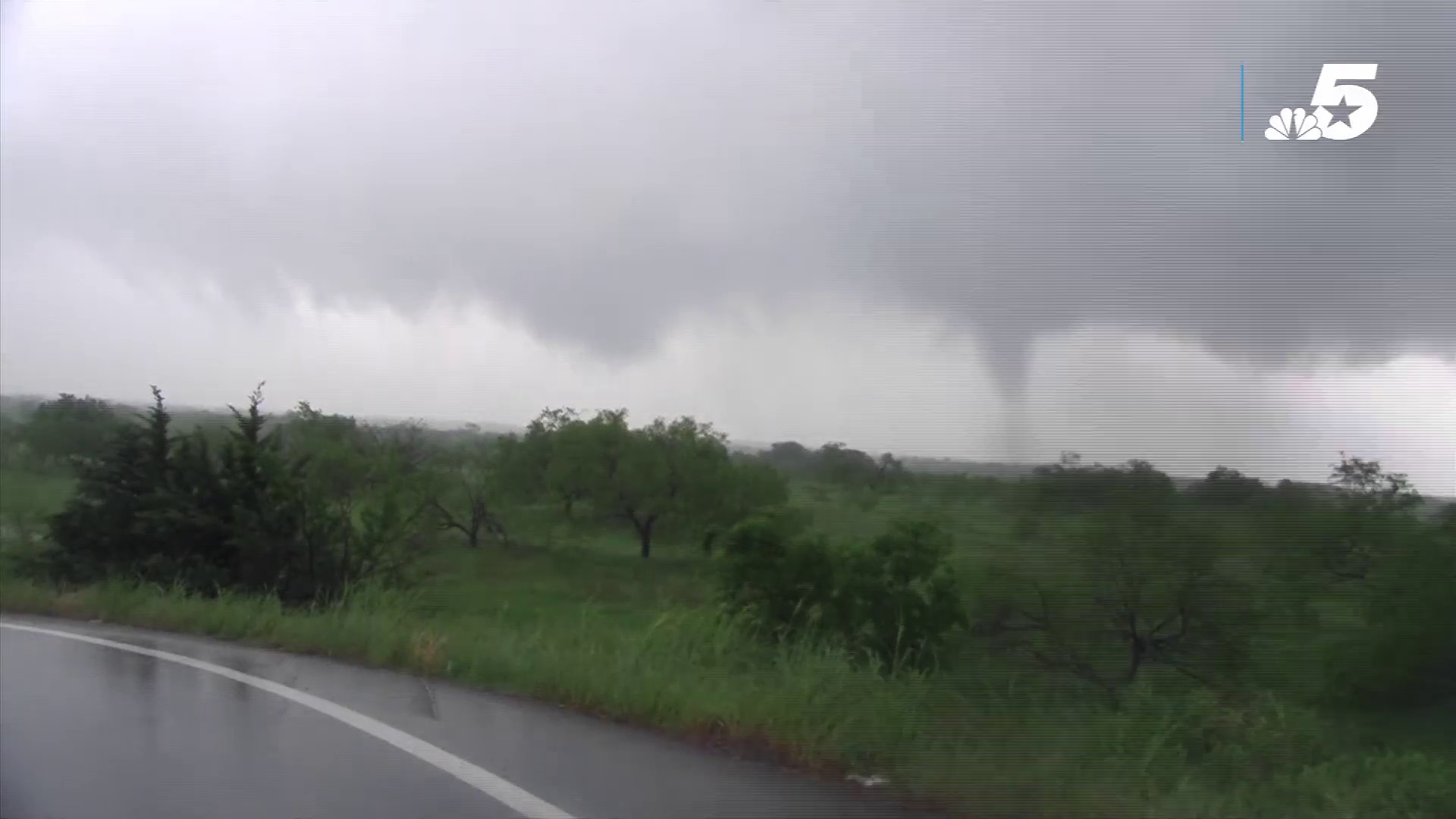It's no secret that the food and hospitality industry is suffering immensely from the pandemic.
Currently, it's taking another big hit after Gov. Greg Abbott (R) closed bars and scaled back restaurant capacities due to the surge in cases.
We’re learning some new insight from the top organization representing them on the state level.
The Texas Restaurant Association said 8 million restaurant and bar jobs across the country have been impacted by the pandemic. Of that number, 700,000 of those jobs are Texas alone with $4.2 billion in revenue gone in an instant.
TRA's data still suggests 30% of Texas restaurants could close when this is all said and done.
Emily Knight, CEO of the TRA, explained that sales numbers were getting a little better but have crashed in the last 10 days since cases started to go up.
“I think if you were to ask me the hardest thing for our restaurants to deal with right now is uncertainty. There’s no sense of bottom. We really thought we made a really nice turn, we’ve been operating four to five weeks before the numbers started to spread higher and started to increase. We tell our members right now that governor Abbot’s been very clear from day one, he’s going to look at the data,” she said. “And if the data starts to slow and we see hospitalizations decrease, if that trend continues and everyone is wearing a mask, washing their hands, and staying six feet apart -- that’s the fastest way to open the economy.”
Local
The latest news from around North Texas.
Since a number of bars classify as restaurants, TRA also represents many bars that serve food. They are supporting the Texas Bar & Nightclub Association -- another entity that represents a majority of bars -- and even created the "Texas Bar Promise".
“The real goal for the bars for us is going to be to take that bar promise where we can and offer assistance to make sure that when they are re-opened, that social distancing is happening in every single bar," said Knight. "I think it’s a challenge. You go to a bar to meet people, to be social. And we’ve been cooped up for so long, it’s natural as human beings to want to be out there but when we see examples of lots of crowds -- those are things that we can’t have happen at a restaurant, a bar, a retail store, or a lake."
Knight said the TRA played a huge role in calling on Gov. Abbott to expand his order on Saturday to include a waiver for mixed drink to-go sales for bars, as an effort to provide some form of relief.
"Saturday really was a nod to I think the state saying, ‘Listen, we have to make some other tough decisions but this may help you put more revenue in your pocket in the short term,’” she said. “It’s not going to save the restaurant industry but at this point, anything we can celebrate anything we can look to -- to generate revenue -- is a positive move."
Next on their list is pushing for a statewide mask order so that businesses have more teeth in enforcing safety measures.
“We have individual county or city orders right now and that’s a patchwork solution to masks. So if you’re in Collin County versus Tarrant and Dallas, the rules are all different. For operators, who operate in all 254 counties, imagine trying to run a business where the rules are inconsistent," Knight said. "We don’t think it’s the role of small business to enforce. We have examples now of employees that are running into really difficult situations with consumers. Right now the business is fined, not the consumer. That just hurts small businesses and puts them in really difficult positions.”
In response to the dire situations businesses have been put in, the TRA created an eight-point survival plan as a way to help the industry navigate the crisis.
Knight said it leverages billions of dollars in aid from the cares act with policy reforms to provide immediate and lasting relief to Texas’ food and beverage businesses.
The survival plan includes the following goals:
- Create and fund the Foodservice Industry Recovery Fund (FIRF).
- Award a workforce development grant to deploy high-quality, COVID-19 health and sanitation training to restaurants, bars, and their employees.
- Continue and expand the regulatory waivers that allow restaurants to sell retail bulk items, sealed containers of alcohol to-go with food orders, and prepared food in grocery stores.
- Provide tax and fee relief to restaurants and bars that are negatively impacted by COVID-19 and government-mandated closures.
- Enact liability protections for businesses, including foodservice businesses, that demonstrate reasonable, good-faith efforts to comply with COVID-19 protocols and industry-specific health and safety guidance.
- Prohibit landlords from evicting or foreclosing restaurants or bars for non-payment of rent or mortgages during the COVID-19 crisis and recovery.
- Suspend any new state or local government mandates set to come into effect for foodservice businesses over the next 120 days.
- Prohibit third-party delivery companies from charging restaurants predatory fees.
"No one’s been through a pandemic. So we have to show some empathy and grace at the same time," said Knight. "But we have to be very clear that this industry is the hardest hit and we need help."
Currently, Knight said the association is keeping an eye on the Paycheck Protection Program because of limits on funding and difficulties businesses have had in getting processed through the program. She added that they lack of access to funding may be contributing to more closures because businesses don’t have the liquidity to carry on.
The TRA said it has plans to push for a second round of federal relief.



